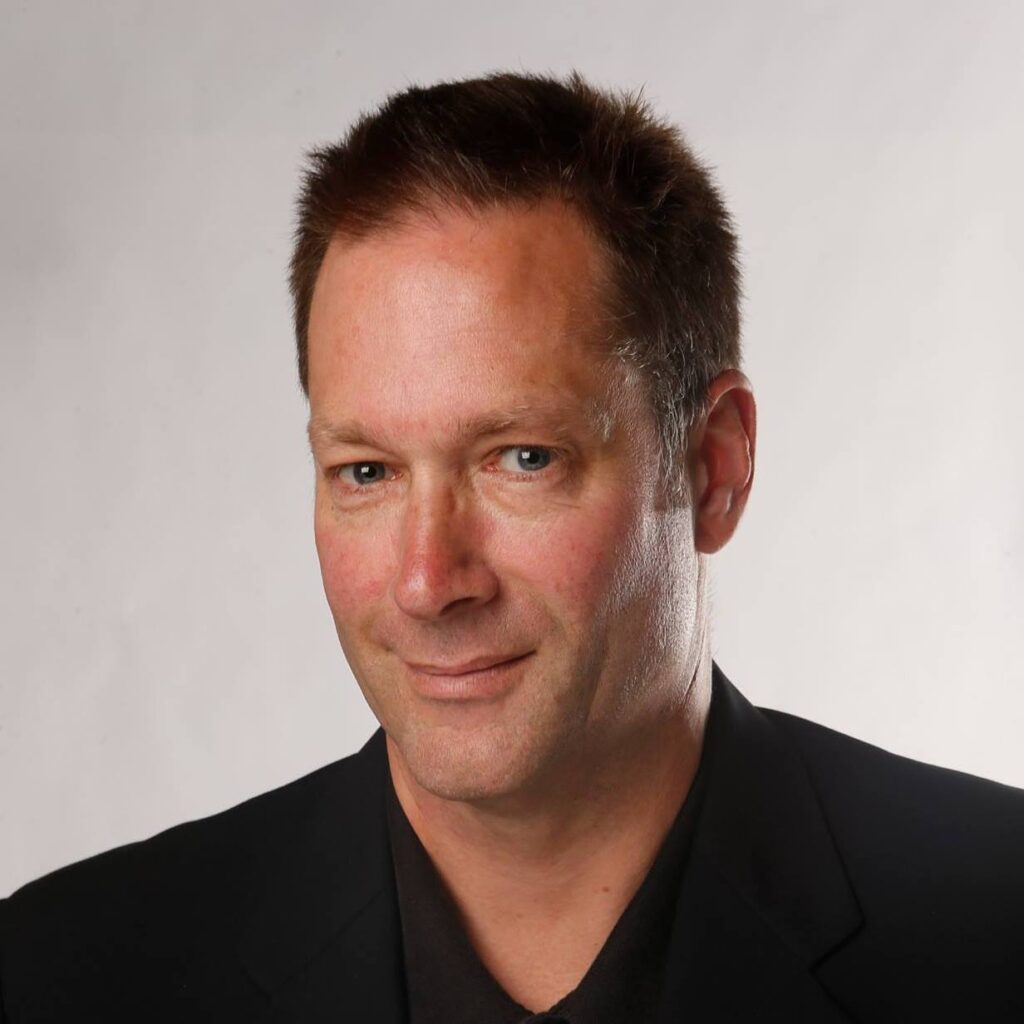Seminar offers help for troops
The training gives a faith-based approach for combat trauma
Where was God? What happened to me? Where’s the hospital? How did I change? How can I stand it? How do I move on? Who am I now?
How do I get back to “normal?”
Those are not only questions soldiers returning from a war zone might have; they are among the queries posed in “The Combat Trauma Healing Manual” by Eugene’s Chris Adsit.
He and his wife, Rahnella Adsit, have been staff members with Campus Crusade for Christ International since the 1970s. In 2005, they opened the first Oregon office of the nonprofit organization’s Military Ministry division. In 2007, they held their first training seminar based on the manual at Times Square Church in New York City. The seminars are for pastors, counselors, mental health professionals and others who work with returning soldiers, as well as for family, friends and, sometimes, the soldiers themselves.
Since then, the Adsits have held almost 20 seminars around the nation. Saturday, at Eugene’s First Baptist Church, they will hold the first — “Healing Wounded Hearts: Christ-Centered Solutions for Combat Trauma” — in the Eugene-Springfield area.
It’s timely. About 2,700 Oregon Army National Guard soldiers have already returned, or will return this spring, from one-year missions in Iraq, including about 400 from Lane County.
According to the Virginia-based Military Ministry, about half of all soldiers returning from war meet criteria for post-traumatic stress disorder, or PTSD. And their divorce and suicide rates are much higher than the general population’s.
Since the wars in Afghanistan and Iraq began in 2001 and 2003, respectively, an equal number of Oregon National Guard and Army reservists have committed suicide as have died in combat, according to the Military Ministry.
“Our basic philosophy is to combine the latest practices from the mental health community with the Bible,” said Chris Adsit, sitting in his west Eugene office earlier this week.
It’s not only the soldiers who suffer, but their spouses and families, Adsit said. That’s why he and his wife, a crisis and trauma counselor, teamed with Marshéle Carter Waddell of Colorado Springs, Colo., to write a second manual called “When War Comes Home.” Waddell is the wife of former Navy Seal Mark Waddell, who deployed 11 times over 24 years and has severe PTSD.
“We realized there is a huge number of people in the country who are also sacrificing, and that is the (spouses),” Chris Adsit said.
Both manuals will be available at Saturday’s seminar.
“The Combat Trauma Healing Manual” and the seminars are based on a concept known as “Bridges to Healing.”
“It’s based on the conviction that when it comes to traumas of this magnitude, God is the healer,” Chris Adsit said.
God wants to use people as bridges in helping to heal soldiers traumatized by war, said Adsit, whose son, David Adsit, is now deployed with the Army’s 173rd Airborne Brigade Combat Team in Afghanistan.
“A lot of times, because we don’t understand the issues, we become barriers instead of bridges,” said Karen Wadkins, special projects coordinator in the Eugene Military Ministry office. PTSD sufferers will put up walls and retreat within themselves, she said.
The most powerful part of the seminars may be the presentations given by two Lane County residents who served with the Oregon Army National Guard in Iraq and Kuwait as part of Operation Iraqi Freedom, Chris Adsit said.
There is often a “honeymoon” period upon a soldier’s return from war, Adsit said. But then they crash.
Such was the case for Andi Westfall of Eugene and Bruce Cutshall of Elmira. As medics on one-year tours in Iraq, they said they still see the faces of the wounded and the dead, images they cannot shake.
Soldiers often return with guilt, shame and uncertainty about what they experienced, said Westfall, 41, a former surgical technician at Sacred Heart Medical Center who was deployed to Kuwait in 2002 as a flight medic.
People in returning soldiers’ lives don’t know how to react, she said, so “they turn tail and run.”
“The last time I spoke (at a seminar), it was horrible,” said Cutshall, 48, who had to give up his job as a longtime firefighter with the city of Eugene because of PTSD, sitting on the floor in the doorway of Chris Adsit’s office.
“It was great,” Adsit countered. “We ask him to be honest and graphic and tell us the truth.”
Cutshall’s sons, Jim, 25, and Jeramiah, 21, returned home last month after serving almost a year in Iraq with the 41st Infantry Brigade Combat Team of the Oregon Army National Guard’s 2nd Battalion 162nd Infantry.
“They knew intellectually what to expect, but no one can prepare you for what takes place,” said Cutshall, who served as a medic in Iraq from March 2004 to April 2005. “Both are extremely wise beyond their years, but I know they’ve been altered.”

Mark Baker has been a journalist for the past 25 years. He’s currently the sports editor at The Jackson Hole News & Guide in Jackson, Wyo.
